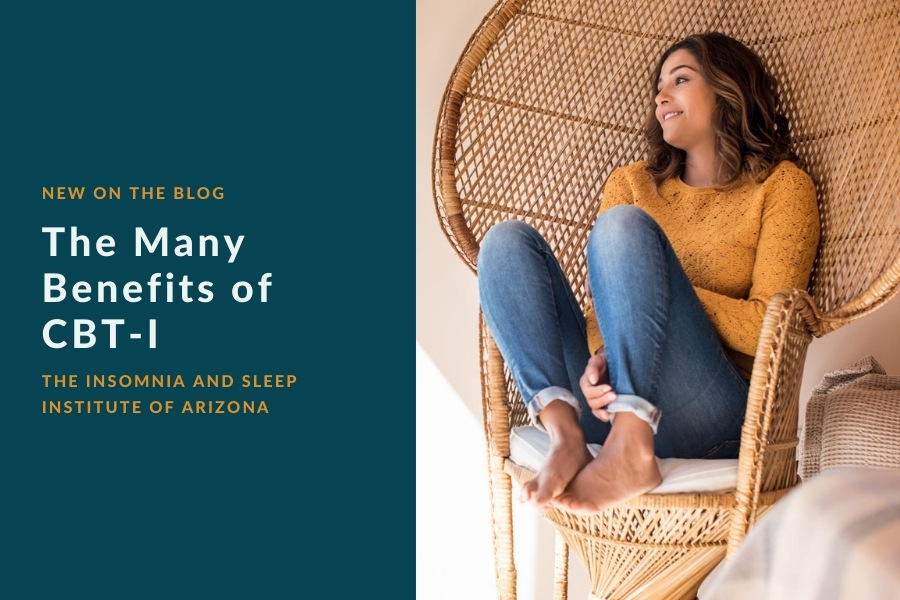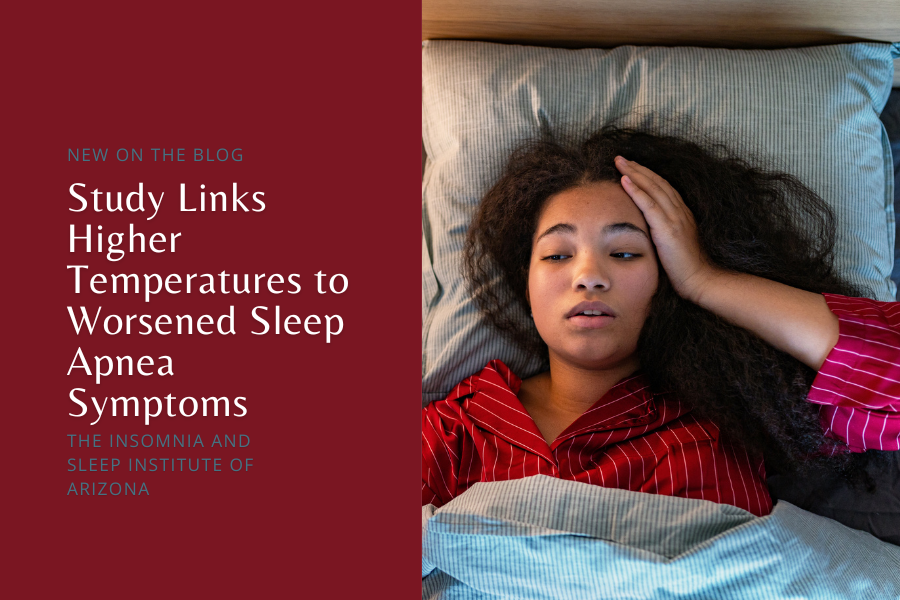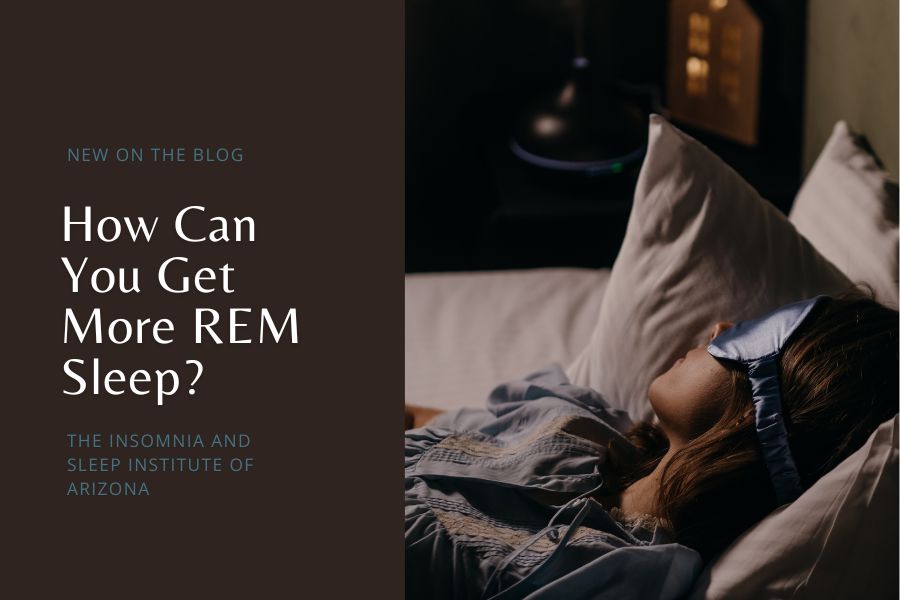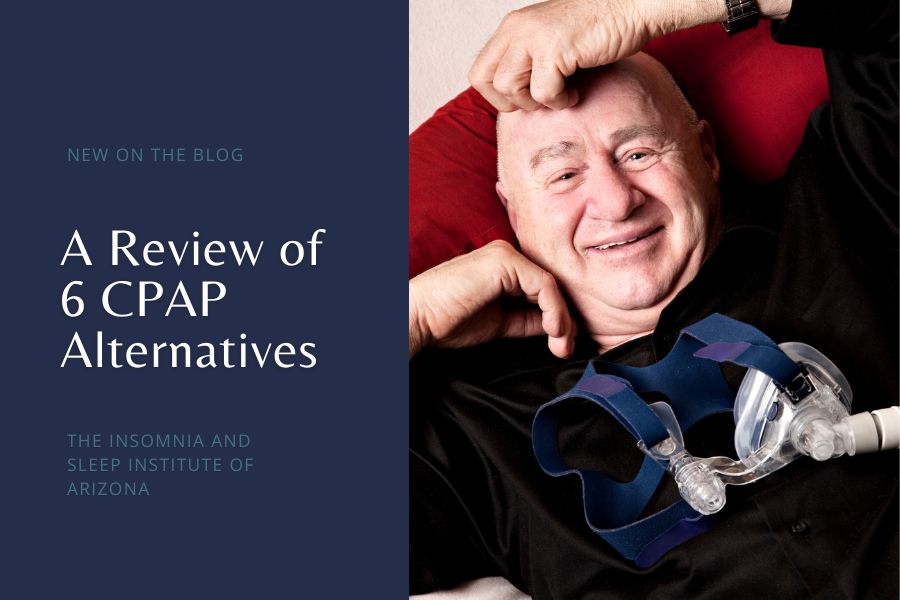Cognitive behavior therapy for insomnia (CBT-I) may have more benefits than simply helping with sleep, according to recent research. CBT-I is available at The Insomnia and Sleep Institute, where there are psychologists on staff to help achieve better, longer, less interrupted sleep. Voted “Top Doc” in the region for six consecutive years, The Insomnia and Sleep Institute is outcome-driven and committed to providing patients with a correct diagnosis so that testing and treatment (if applicable) can commence. We are proud to serve you as the Face of Sleep Medicine in the Phoenix region, setting the standard for sleep medicine.
Recently, University of Missouri School of Medicine researchers undertook a pilot study to examine the effectiveness of CBT-I in young adult insomnia patients. These patients were unique because they were also binge-drinkers. Researchers wanted to see if CBT-I could not only help improve sleep but also help reduce alcohol use. According to one of the researchers, “The potential for insomnia treatment to influence alcohol-related consequences has significant implications for the prevention and treatment of alcohol use among young adults.” There is an inherent stigma linked to addiction and mental health issues, making it important to pinpoint other forms of treatment to curb alcohol abuse and encourage treatment.
The Study of Insomnia
The study included 56 people between 18 – 30 years old. All of these participants self-reported binge drinking at least once in the last month. The definition of binge drinking for this study included having a minimum of four drinks during one occasion. Next, participants were randomly assigned five weekly sessions of CBT-I or one session on sleep hygiene. Sleep hygiene is the creation of sleep conditions conducive to a better night’s sleep. Sleep hygiene can and should be customized for each person, but can typically involve removing electronics from the bedroom, a calming routine like a bath and non-caffeinated tea, and blackout curtains or a sleep mask.
During the CBT-I sessions, topics covered sleep restriction, insomnia prevention, relaxation techniques, keeping a sleep diary, and behavior experiments. Sleep hygiene was also part of these sessions. Participants were fitted with wrist devices to measure their sleep and they also kept a diary for sleeping and drinking. Full results are published in the SLEEP journal. The researchers found that those who underwent CBT-I had a 56 percent reduction in the severity of their insomnia while those who had only sleep hygiene showed just a 32 percent reduction. Those who got CBT-I also had “moderate improvement in objectively assessed sleep efficiency.” However, both groups drank less and experienced fewer negative consequences related to drinking.
Researchers also point to the link between insomnia and alcohol usage. According to one of the authors, “The results of this study indicate that insomnia treatment may improve alcohol-related problems, and therefore, may be an ideal first step toward treatment among binge-drinking young adults with insomnia.” Researchers admit that a larger study is needed, and are now focusing on studying whether insomnia treatments help with executive function and emotion regulation—which might also further minimize alcohol-related issues.
CBT-I Benefits
Another, complementary study in Australia found that CBT-I is also effective in reducing depression and anxiety. The Flinders University study discovered that CBT-I is effective for insomnia but also has great benefits for those struggling with stress and its bedmates, depression and anxiety. Lead researcher Alexander Sweetman says, “With COVID-19 and many other stressors in life, treating the worst effects of insomnia may have a transformative effect on a person’s well-being, mental health, and lifestyle.”
This study included 455 patients over a period from pre-treatment to their three-month follow-up. Patient insomnia improved comparatively regardless of stress, anxiety, and depression, but those who did struggle with the latter showed “moderate-to-large improvement following CBT-I” according to results published in Sleep Medicine. Like The Insomnia and Sleep Institute, these researchers recommend CBT-I as the first and most effective means of treating insomnia.
Insomnia can happen to anyone of any age, including children. If you are struggling with insomnia, you might discover that CBT-I can do much more than help you sleep better. Studies are showing that CBT-I, which is meant to treat insomnia, can be beneficial on a wider, more holistic level. Schedule your consultation for insomnia at The Insomnia and Sleep Institute today by calling the office or completing the online form.








